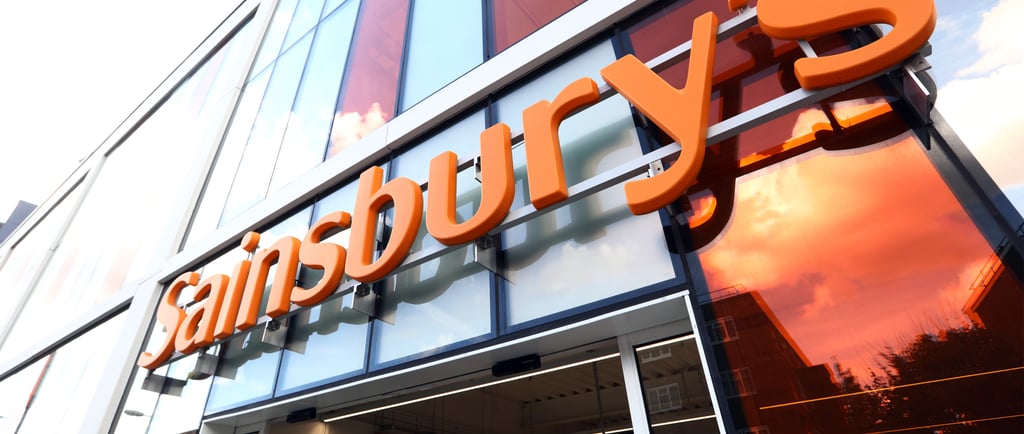Business Rate Cuts: Sainsbury's Advocates to Boost Jobs
Sainsbury's urges the UK government to cut business rate cuts to stimulate job creation and support economic recovery, emphasizing the need for immediate action.
SUPERMARKET


Sainsbury's has urged the UK government to cut business rates to stimulate job creation and support economic recovery. This plea emphasizes the need for immediate action to ease the financial burden on retailers and encourage employment growth.
The Case for Business Rate Cuts
At the forefront of this appeal, Sainsbury's argues that reducing business rates is crucial for the retail sector. By alleviating this financial strain, retailers can invest more in their businesses, thereby creating new jobs and sustaining existing ones. This initiative is part of Sainsbury's broader commitment to supporting the economy and ensuring the retail industry's long-term viability.
Impact on Retail Sector
The call for business rate cuts comes as retailers face increasing economic pressures. High business rates are a significant burden, particularly for large supermarket chains like Sainsbury's. Reducing these rates would provide much-needed relief, allowing retailers to allocate resources more effectively and support their workforce better.
Support from Company Leadership
In a recent statement, "Simon Roberts," CEO of Sainsbury's, highlighted the importance of this measure. He stated, "Cutting business rates is essential for the retail sector's recovery and growth. It will enable us to invest in our stores, create jobs, and provide better services for our customers." This strong endorsement from the company's leadership underscores the critical role of business rate reform in driving economic progress.
Collaboration and Advocacy
Sainsbury's is not alone in this effort. The company has joined forces with other major retailers and industry bodies to advocate for business rate cuts. This collective push aims to bring about policy changes that will benefit the entire retail sector. By working together, these organizations hope to create a more favorable business environment that supports growth and job creation.
Economic and Social Benefits
The potential benefits of business rate cuts extend beyond the retail sector. Reducing these rates can lead to broader economic gains, including increased consumer spending and enhanced community development. When retailers thrive, they contribute more to local economies, providing jobs and supporting various social initiatives.
Consumer Impact
For consumers, business rate cuts could translate into better prices and improved services. Retailers like Sainsbury's would have more flexibility to offer competitive pricing, enhance store experiences, and invest in innovative solutions. This improved consumer experience can drive customer loyalty and boost overall market confidence.
Challenges and Future Outlook
While the case for business rate cuts is compelling, implementing such changes poses challenges. Policy adjustments require careful consideration and collaboration between the government and the private sector. However, Sainsbury's remains optimistic that with continued advocacy and support, meaningful reform can be achieved.
Conclusion
In conclusion, Sainsbury's call for cutting business rates highlights a crucial step towards supporting the retail sector and boosting job creation. The company's proactive approach, backed by strong leadership and industry collaboration, sets a positive example for others. As "Simon Roberts" aptly put it, "We need urgent action on business rates to ensure a sustainable and prosperous future for retail."
